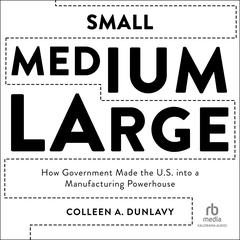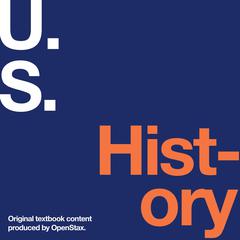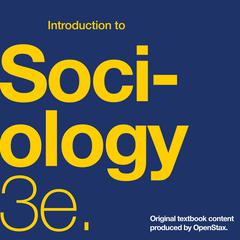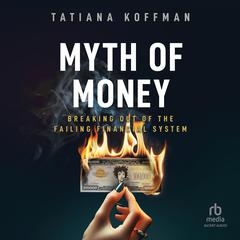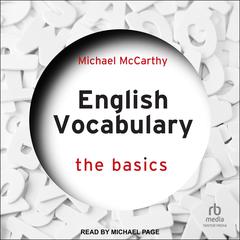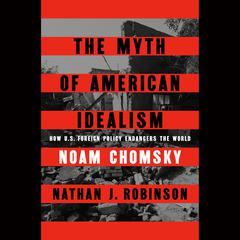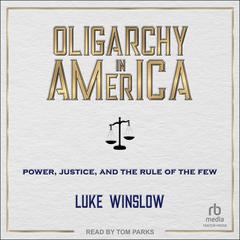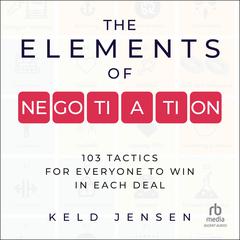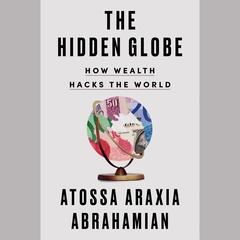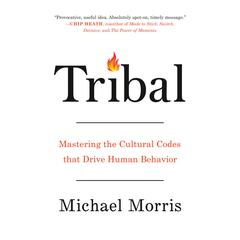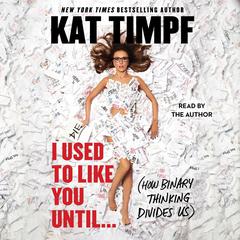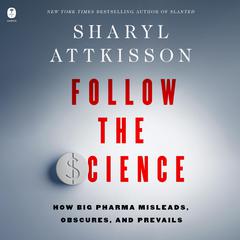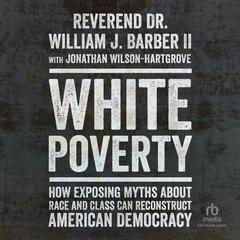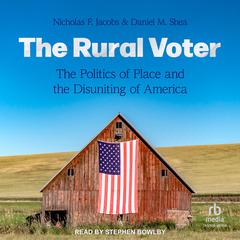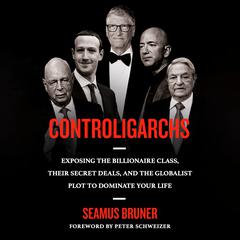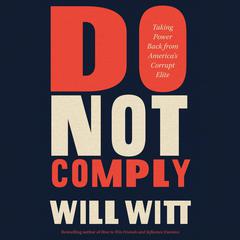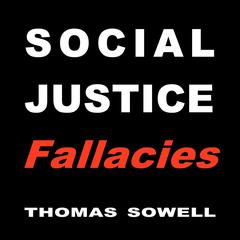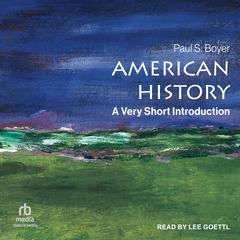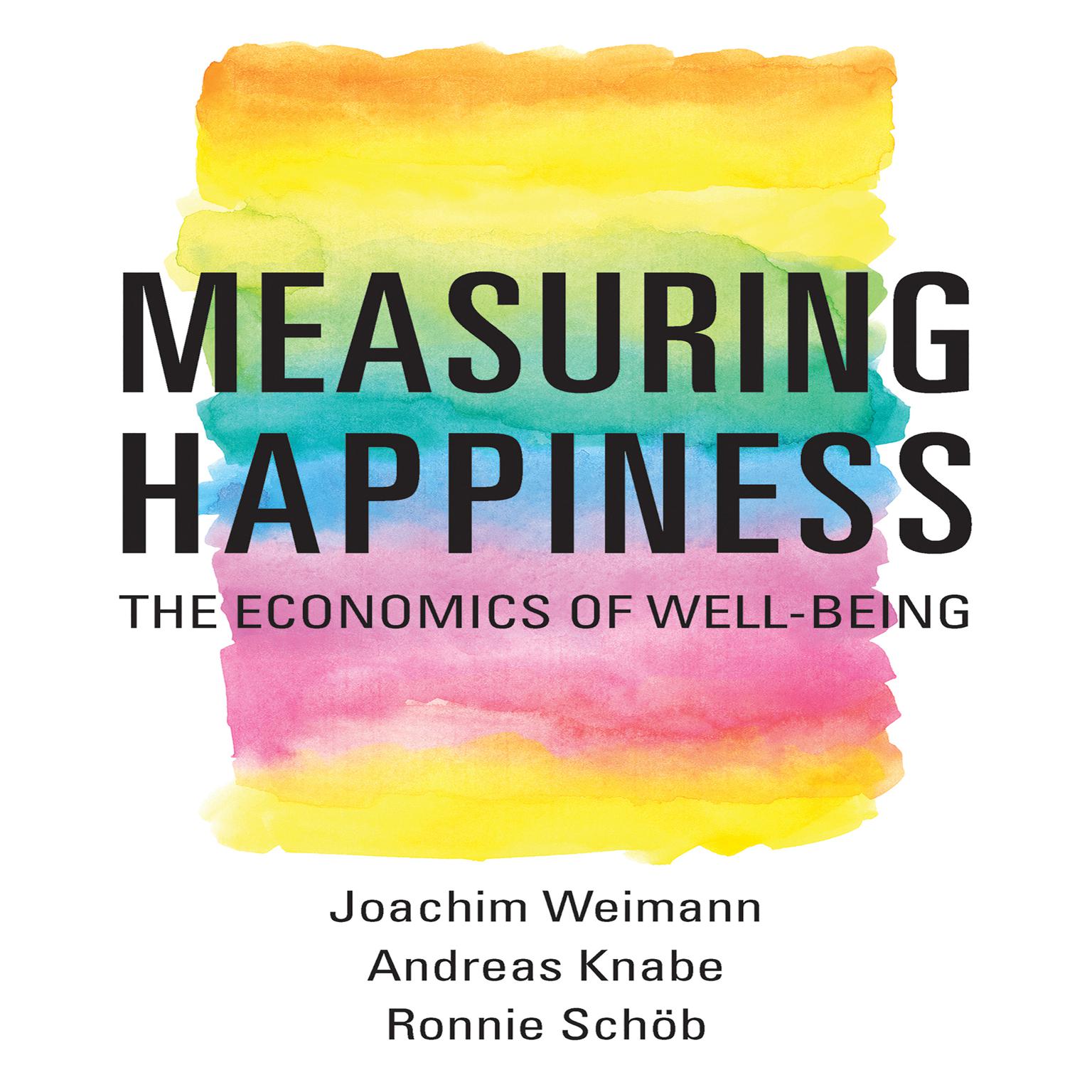 Play Audiobook Sample
Play Audiobook Sample
Measuring Happiness: The Economics of Well-Being Audiobook
 Play Audiobook Sample
Play Audiobook Sample
Quick Stats About this Audiobook
Total Audiobook Chapters:
Longest Chapter Length:
Shortest Chapter Length:
Average Chapter Length:
Audiobooks by this Author:
Publisher Description
Can money buy happiness? Is income a reliable measure for life satisfaction? In the West after World War II, happiness seemed inextricably connected to prosperity. Beginning in the 1960s, however, other values began to gain ground: peace, political participation, civil rights, environmentalism. "Happiness economics" -- a somewhat incongruous-sounding branch of what has been called "the dismal science" -- has taken up the puzzle of what makes people happy, conducting elaborate surveys in which people are asked to quantify their satisfaction with "life in general." In this book, three economists explore the happiness-prosperity connection, investigating how economists measure life satisfaction and well-being. The authors examine the evolution of happiness research, considering the famous "Easterlin Paradox," which found that people's average life satisfaction didn't seem to depend on their income. But they question whether happiness research can measure what needs to be measured. They argue that we should not assess people's well-being on a "happiness scale," because that necessarily obscures true social progress. Instead, rising income should be understood as increasing opportunities and alleviating scarcity. Economic growth helps societies to sustain freedom and to finance social welfare programs. In this respect, high income may not buy happiness with life in general, but it gives individuals the opportunity to be healthier, better educated, better clothed, and better fed, to live longer, and to live well.
Download and start listening now!
“The authors have done a superb job of providing an authoritative review of the most fundamental issues in happiness research to date. Measuring Happiness is a fascinating book for anyone interested in human well-being and happiness and is essential reading for doctoral students and researchers wishing to take the field of happiness economics into the future.”
— Yannis Georgellis, professor of management, Kent Business School, University of Kent
Measuring Happiness Listener Reviews
Be the first to write a review about this audiobook!
About the Authors
Joachim Weimann is professor of economic policy at Otto von Geuricke University Magdeburg, and head of MaXlLab, the Magdeburg Laboratory for Experimental Economics.
Andreas Knabe is professor and chair of public economics at Otto von Geuricke University Magdeburg.
Ronnie Schöb is professor of international public economies at the School of Business and Economics, Freie Universität, Berlin.
About Steven Menasche
Steve Menasche is a conservatory-trained actor and musician who has toured the world with West Side Story, Jesus Christ Superstar, and the American Folk Theatre. As a voice actor, he has been the “guy next door” voice for numerous national radio and television campaigns, including Proactive, Arby’s, Countywide, Shaklee, and Lexus. He can also be seen as an on-screen actor featured in nationwide ads for IBM. He is a fourth-degree black belt in jujitsu who still practices regularly and volunteers for underprivileged children.




